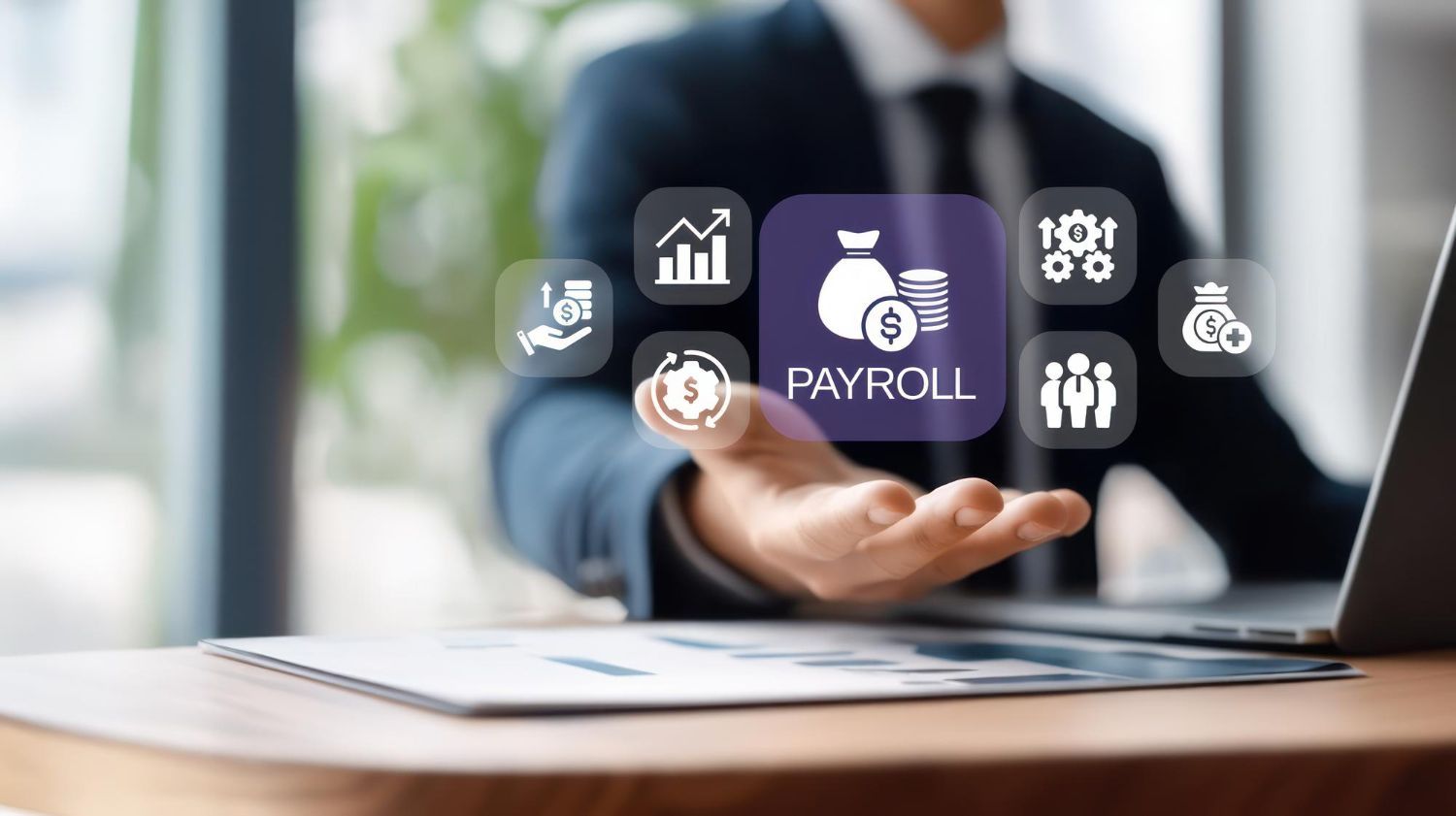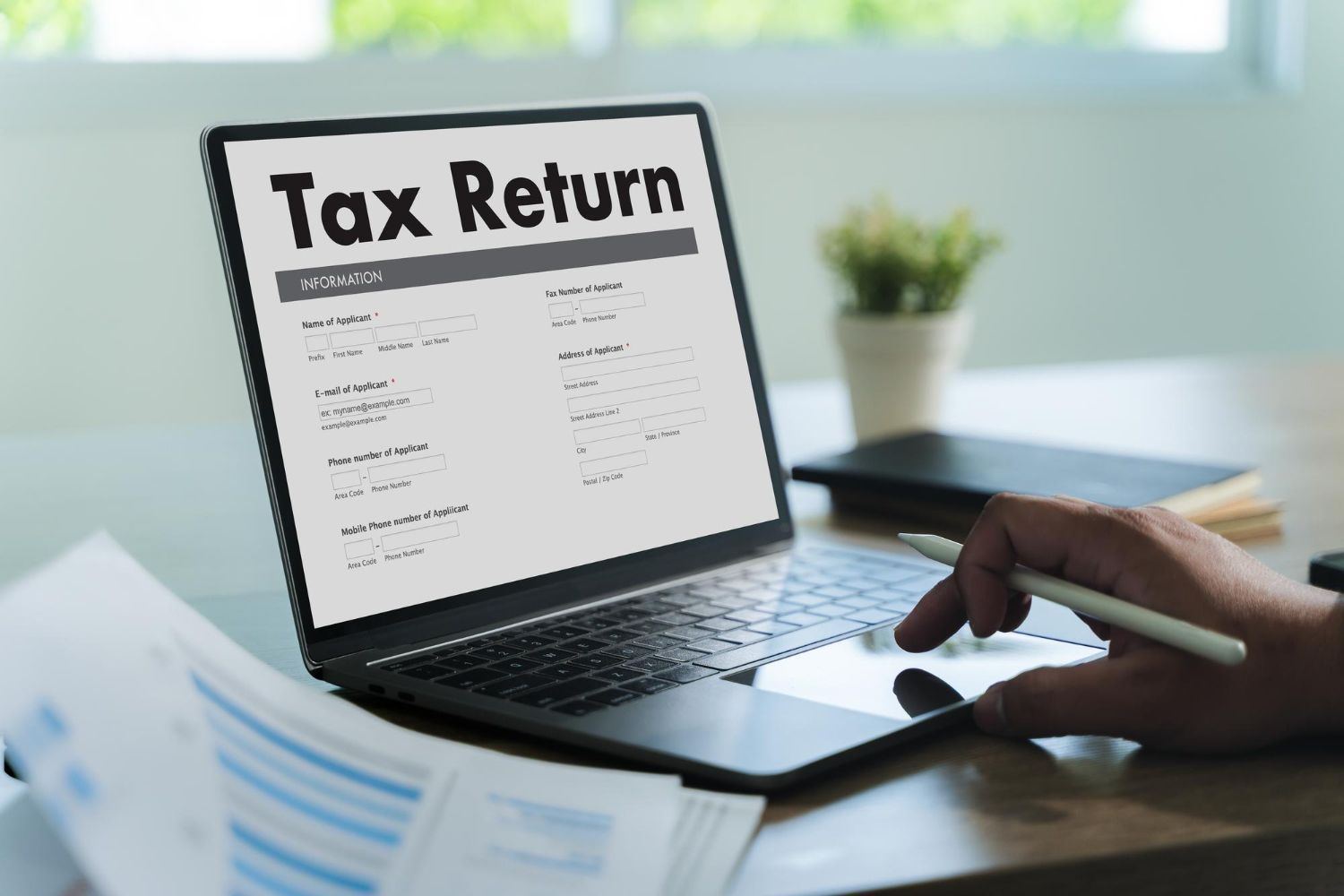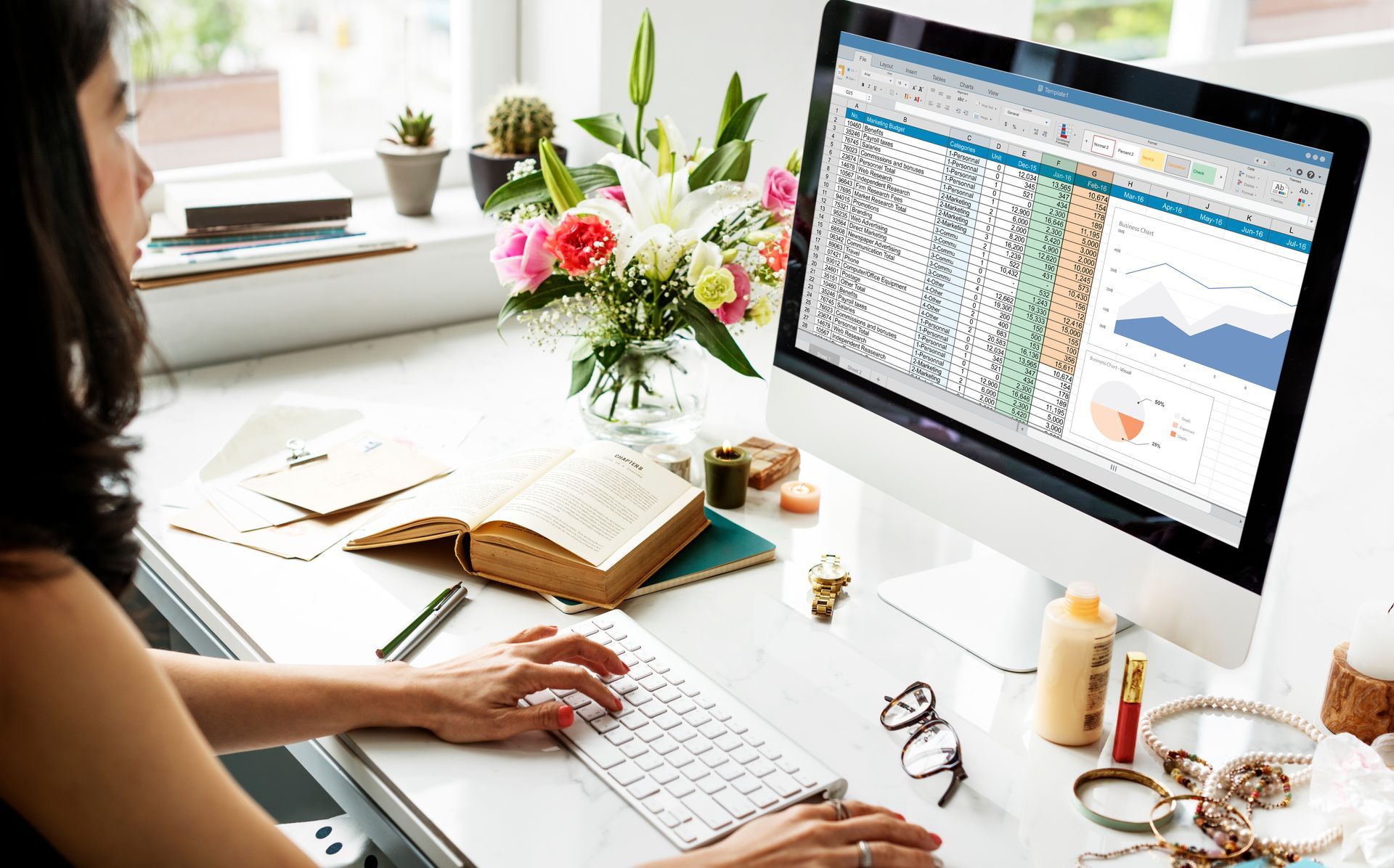Guidance On Deducting Home Office Expenses
One of the important benefits of having a home-based business, assuming you are a freelancer, self employed contractor or small business owner, and not an employee (where a similar deduction is also available) is that Revenue Canada (CRA) and Revenue Quebec allow you to deduct the expenses relating to the space that you use for your home office. This can result in a reduction in your tax bill for costs that you would incur regardless, which is certainly an incentive to being your own boss.
Also Read: 7 Lesser Know Facts About RRSPs
CRITERIA FOR DEDUCTIBILITY:
For home office expenses to be deductible, they have to meet the following criteria:
It has to be your principal place of business i.e. you cannot deduct home office expenses if you have another office that relates to your business, elsewhere, even if you have a office where you spend most of your time at in your home.
The space designated as your home office is used to earn business income and/or you meet clients or customers on a regular basis. For example, you cannot deduct expenses relating to the workspace in your garage which is used for home improvement projects from which you do not earn income.

TAX DEDUCTIBLE EXPENSES:
If you meet these criteria then you can deduct the following expenses:
Mortgage interest: Although the Canada Revenue Agency is not as generous as the United states with respect to mortgage interest, a portion of it is deductible when you have a home office. You will need to deduct the mortgage principal from the total repayments to calculate the actual amount of interest. Most banks send statements that breaks down the principal and interest for the year, saving you from the pain of preparing amortization tables and trying to calculate it yourself. If you are not able to get the statement from the bank or if you are a corporation and have a non calendar year end, you can use this amortization schedule calculator which will actually give you a monthly table breakdown between interest and principal.
Rent: For those of you who don’t own your property, you are permitted to deduct rent.
Property Taxes: This includes annual city, water, school and any other taxes levied on your property. Note that welcome taxes are not deductible but instead would be added to the cost of the property.
Maintenance Costs: Heating, electricity, home insurance and cleaning materials are all deductible.
Repairs: Only repairs made to the actual home office space are deductible. If you decide to redo your kitchen, it is sadly not deductible.
Insurance: Also a deductible expense as long as it relates to the property as a whole or specifically to your business space.
Capital Cost Allowance (CCA): If you own your property you are allowed to deduct capital cost allowance or depreciation at a specified rate. Most property in Canada falls under Class 1 and CCA is allowed at 4% per year. This is a deduction that you should consider carefully before taking it will cause you to lose your principal residence exemption for the portion of the property for which you are claiming depreciation and is rarely worth giving up the tax free capital gain on the sale of your principal residence.
CALCULATION OF DEDUCTION:
Once you have calculated the total of the amounts that apply, you have to then calculate how much of it is actually deductible . This is done by prorating it for the space that you actually use as a home office. For example if you use one room in your house exclusively as an office space and it represents one-fifth of your home, you are allowed to deducted 20% of the expenses incurred. Alternatively, if you do not have the luxury of designating one room exclusively as a home office, then a) you would make the same calculation i.e. calculate the square footage of the office are and divide it by the total square footage of your home. b) you would then multiply that by the number of hours you use the space for office hours and divide it by 24.
If you only work part time you will need to further deduct the expenses by the number of days/hours that you do not work.
Ideally, it is best to designate a space in your home that is used exclusively as your home office as this will result in a higher deduction than if you have to prorate your claim.
Also Read: 8 Qualities Of Highly Desirable Clients
OTHER CONSIDERATIONS:
- Home office expenses are entered on a specific section of the T2125 statement of business activities. You are required to enter the full amount of the expense e.g. total rent paid for the year and the percentage of your home that was used for business. Most tax software makes this fairly easy to enter. It is, however, useful to have a schedule or spreadsheet where you show the details of your calculations in case of audit.
- Home office expenses cannot exceed the net income for your business for the year. It can however be carried forward to apply to income from future years.
- Other expenses that relate to your business like office supplies, computers, cell phone, internet and specific insurance for the space etc. are deductible but are not considered specifically to be home office expenses by CRA on the T2125 statement of business activities. Instead the deductible portion should be allocated based on the percentage used for business.
- It is important to ensure that your home office expenses deductions are reasonable. It is always better, where it comes to tax deductions in general, to err on the side of conservatism as a tax audit is perhaps similar to a root canal in it’s pleasantness. And as always, if there are any doubts it is always best to consult an accountant.
The post Guidance On Deducting Home Office Expenses appeared first on DBM Accounting | David B. McKeand Professional Corporation.











